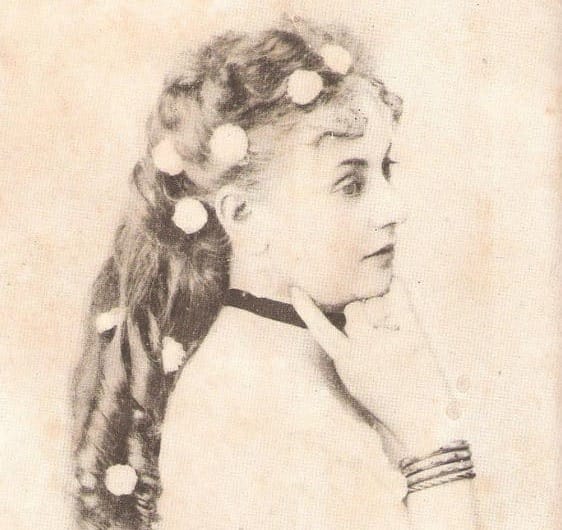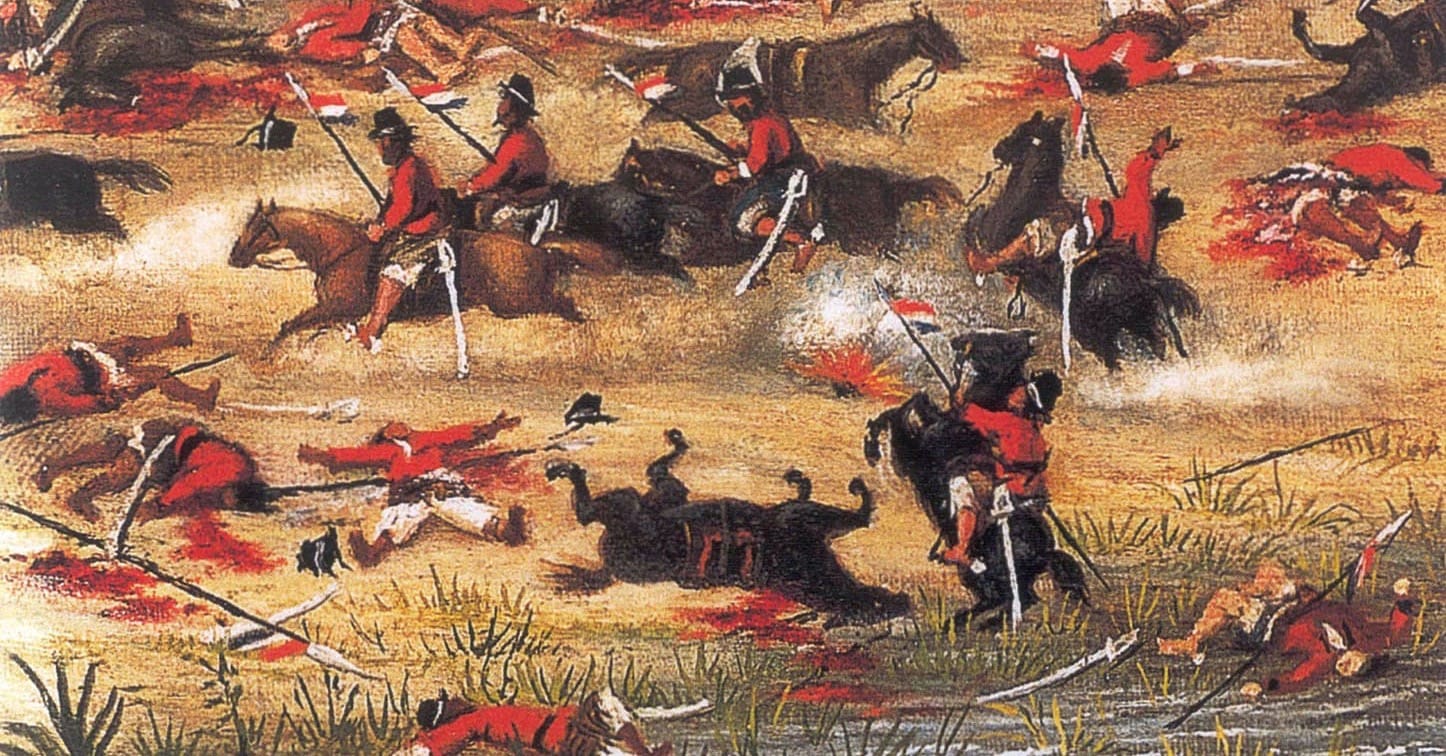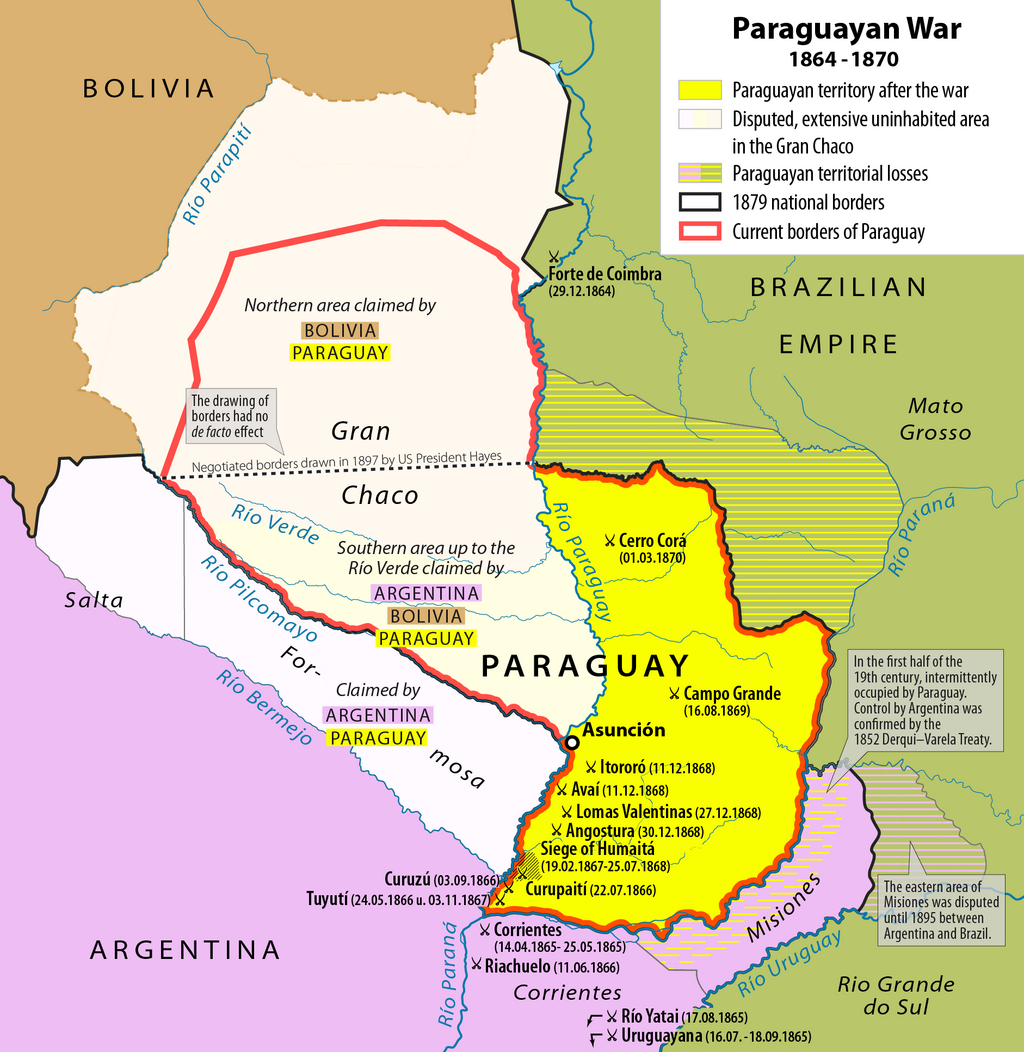Paraguay's own femme fatale

Should an Irishwoman who died in 1886 be a national heroine of Paraguay?
In 1961, then-Paraguayan dictator Alfredo Stroessner declared "Madame Lynch" a national heroine and had her body, which was buried in Paris, exhumed and brought back to Paraguay. Eliza Lynch had gained notoriety as the partner of an earlier Paraguayan president, Francisco Solano López Carrillo, back in the 1860's.

Nowadays, López and Lynch divide Paraguay along party lines. López is considered to be a national hero by most Paraguayans, while Lynch has long been regarded more ambivalently, and even as a femme fatale. But, in 2025, the ruling Colorado Party awarded her Paraguayan nationality (she'd never asked for it), and asked for her body (if the bones are indeed hers) to be moved from the national cemetery Cementerio de la Recoleta to the National Pantheon of Heroes in Asunción. The opposition Liberal parties have never liked Madame Lynch and they have opposed this.
The controversy goes back to how one views the Paraguayan War of 1864-1870, when Paraguay lost a disastrous war with Brazil, Argentina and Uruguay. More than half of Paraguay's people died and its appalling legacy lives on, much like the U.S. Civil War of the same time. López and Lynch played a major role in that war.

Is Madame Lynch a symbol of "historical reparation," where she "embodies all the virtues of the authentic Paraguayan woman" and the native Guaraní, who believed in this war of national identity, to push back against the bullies, Brazil and Argentina? Or is Lynch being exploited cynically to accuse the other political parties of being unpatriotic? Opposition leader Eduardo Nakayama has slammed Lynch's European fashions and culture - he didn't call quite her a "courtesan" - and that she benefited from corrupt land deals and abuse of power (translation: he's really talking about the Colorado Party). Furthermore, he said, those weren't her bones! Others said there were far more deserving women and no doubt they're right.
But, it's a better story than Evita next door!
There really isn't much point looking to Lynch's life as to whether she deserves this posthumous honor, because it's totally political. She did become fluent in Spanish and Guaraní, and while she never married López, she bore him six children, and stayed with him until the bitter end, for which she is rightfully admired. He was shot by Brazilian troops in 1870, ending the War; she returned to Paris and died there 16 years later in obscurity.

